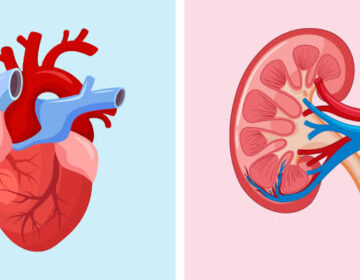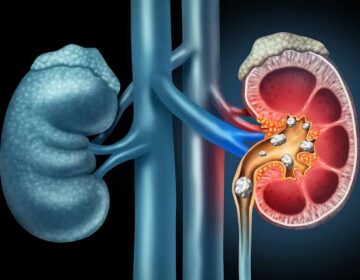Not drinking enough water intensifies the body’s stress response. Staying hydrated could reduce risks linked to high cortisol.
Drinking less water may heighten susceptibility to stress-related health problems.
The study found that individuals who consumed less than the recommended daily amount of fluids showed a stronger release of cortisol, the body’s main stress hormone. Elevated cortisol responses are linked to higher risks of heart disease, diabetes, and depression.
the research reported that people drinking under 1.5 liters of fluid per day (roughly seven cups of tea) exhibited stress-induced cortisol levels more than 50% greater than those who met recommended water intake.
Study lead Professor Neil Walsh, a physiologist in LJMU’s School of Sport and Exercise Sciences, said: “Cortisol is the body’s primary stress hormone and exaggerated cortisol reactivity to stress is associated with an increased risk of heart disease, diabetes and depression.”
“If you know you have a looming deadline or a speech to make, keeping a water bottle close could be a good habit with potential benefits for your long-term health.”
Poor long-term health
Neil and his colleagues divided healthy young adults into two equal groups based on their daily fluid consumption, representing the lowest and highest 25% of intake. The ‘low fluid’ group included participants who generally drank less than 1.5 liters of fluid each day (including water, tea, and other drinks). The ‘high fluid’ group was made up of individuals who consistently met the recommended intake of 2 liters for women and 2.5 liters for men. Both groups were balanced for important factors that can affect stress responses, such as psychological traits and sleep patterns.







